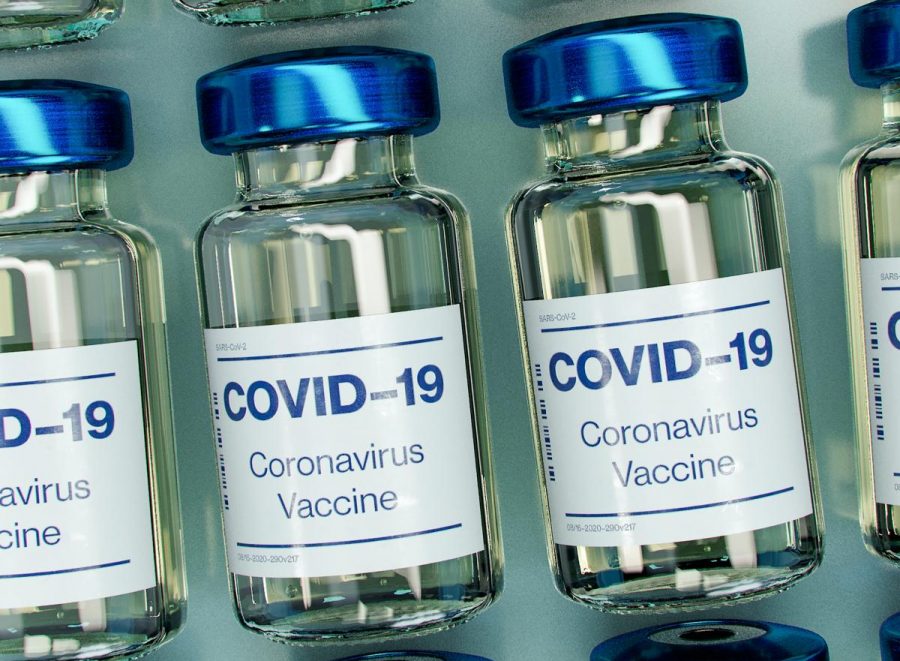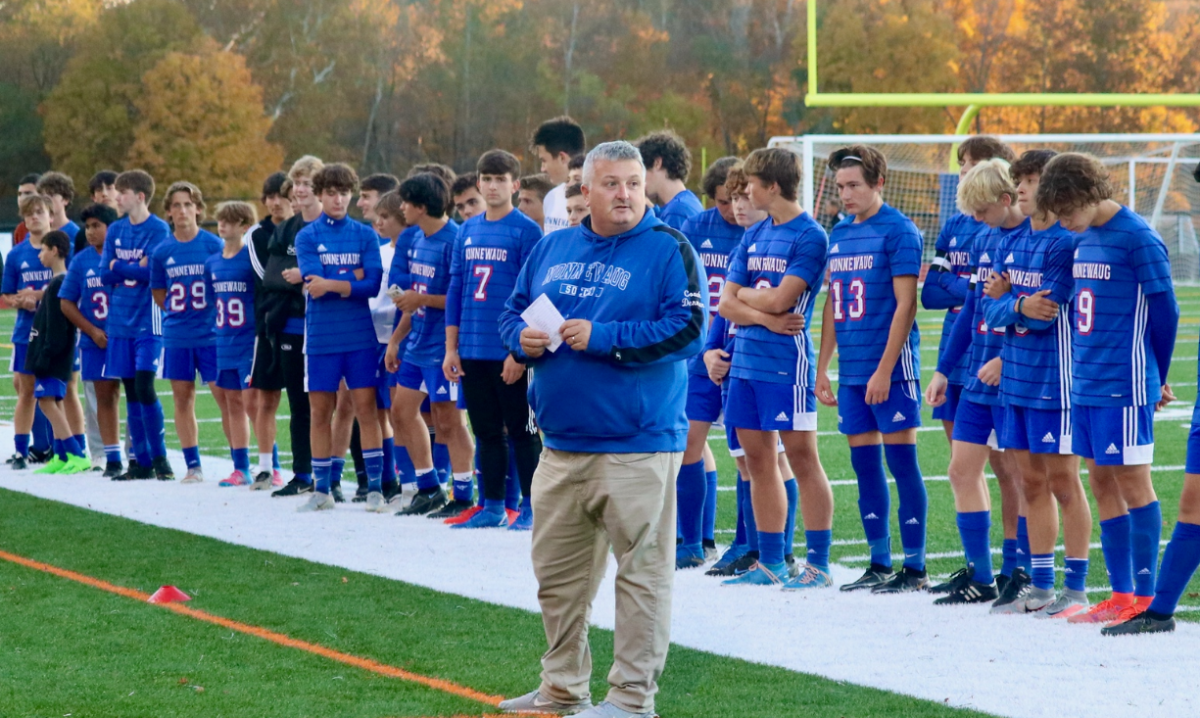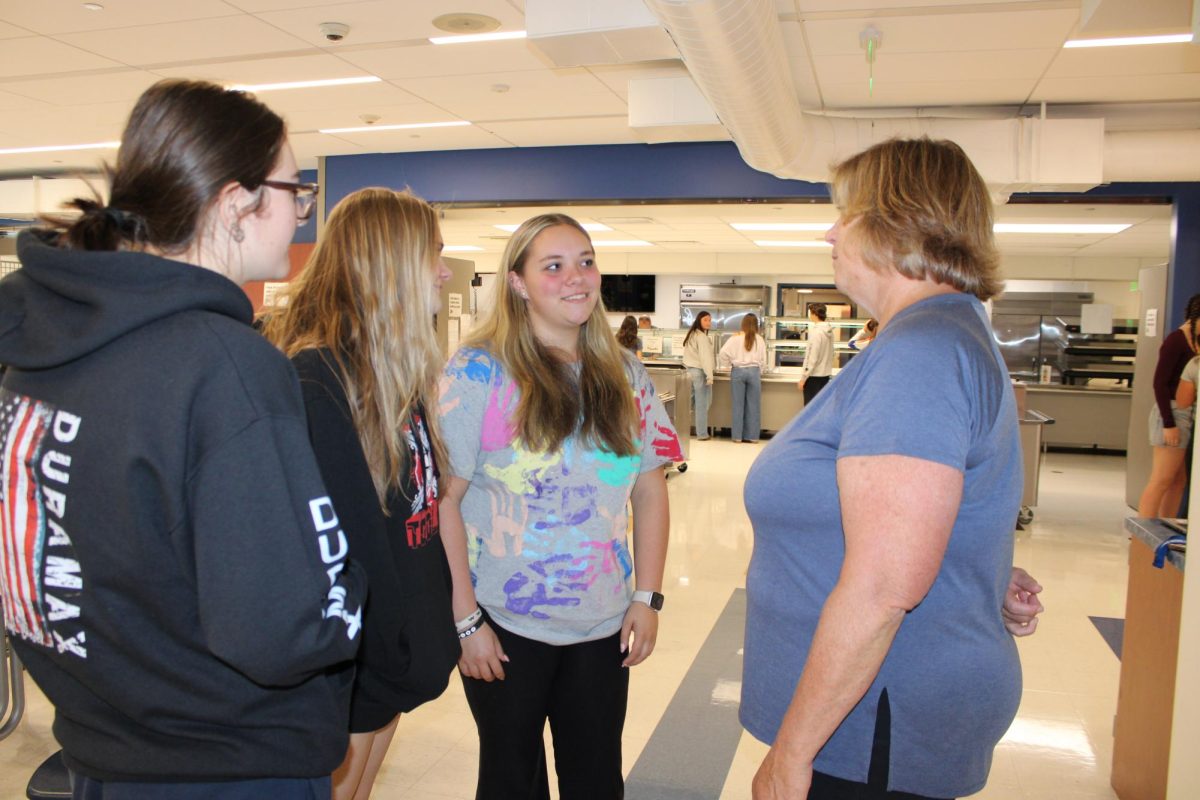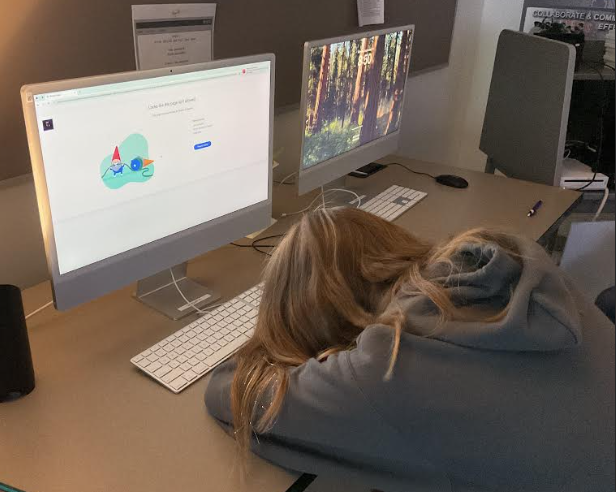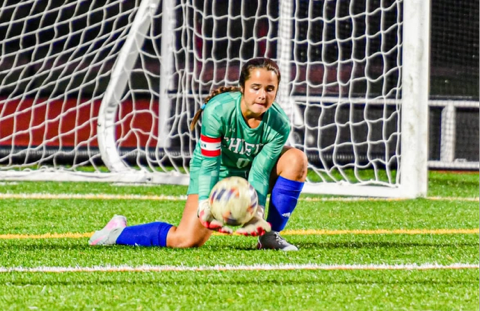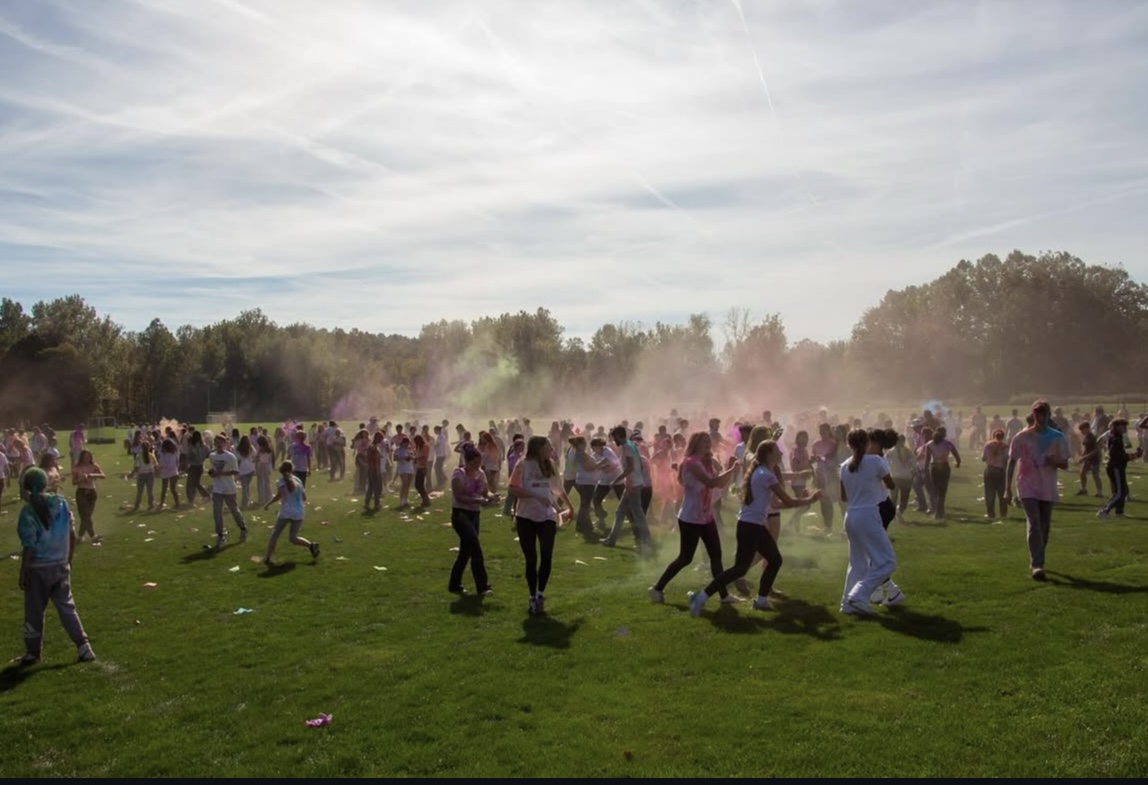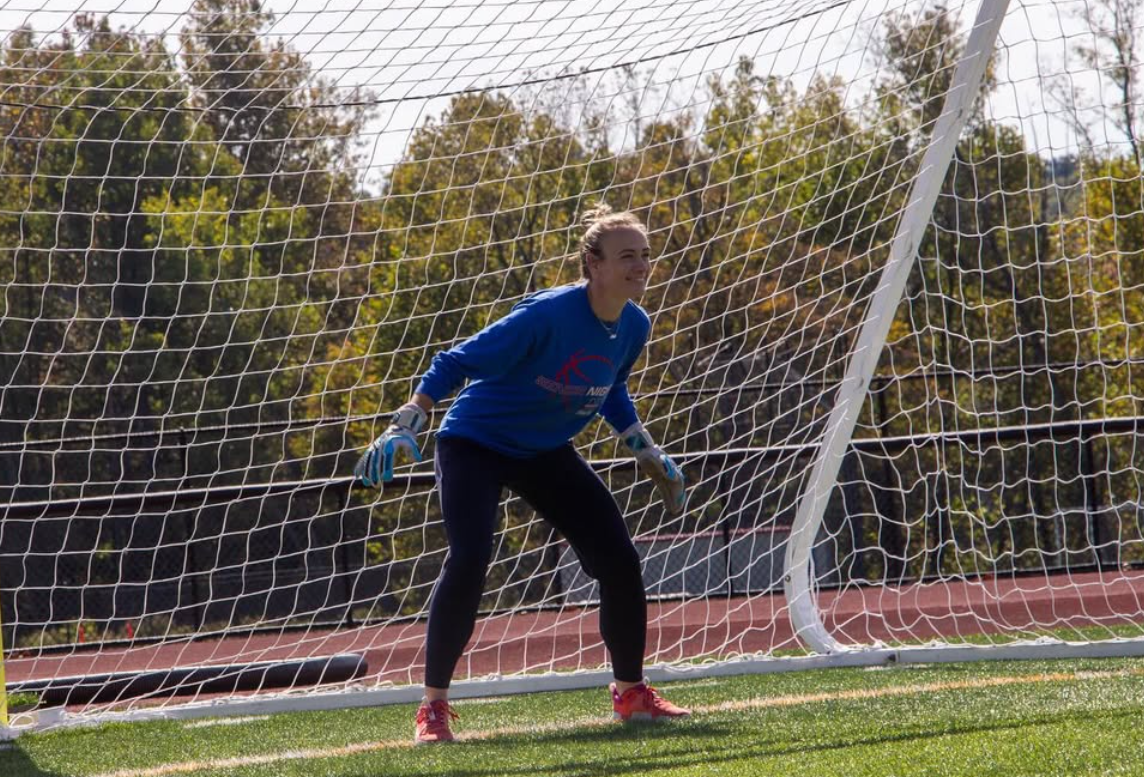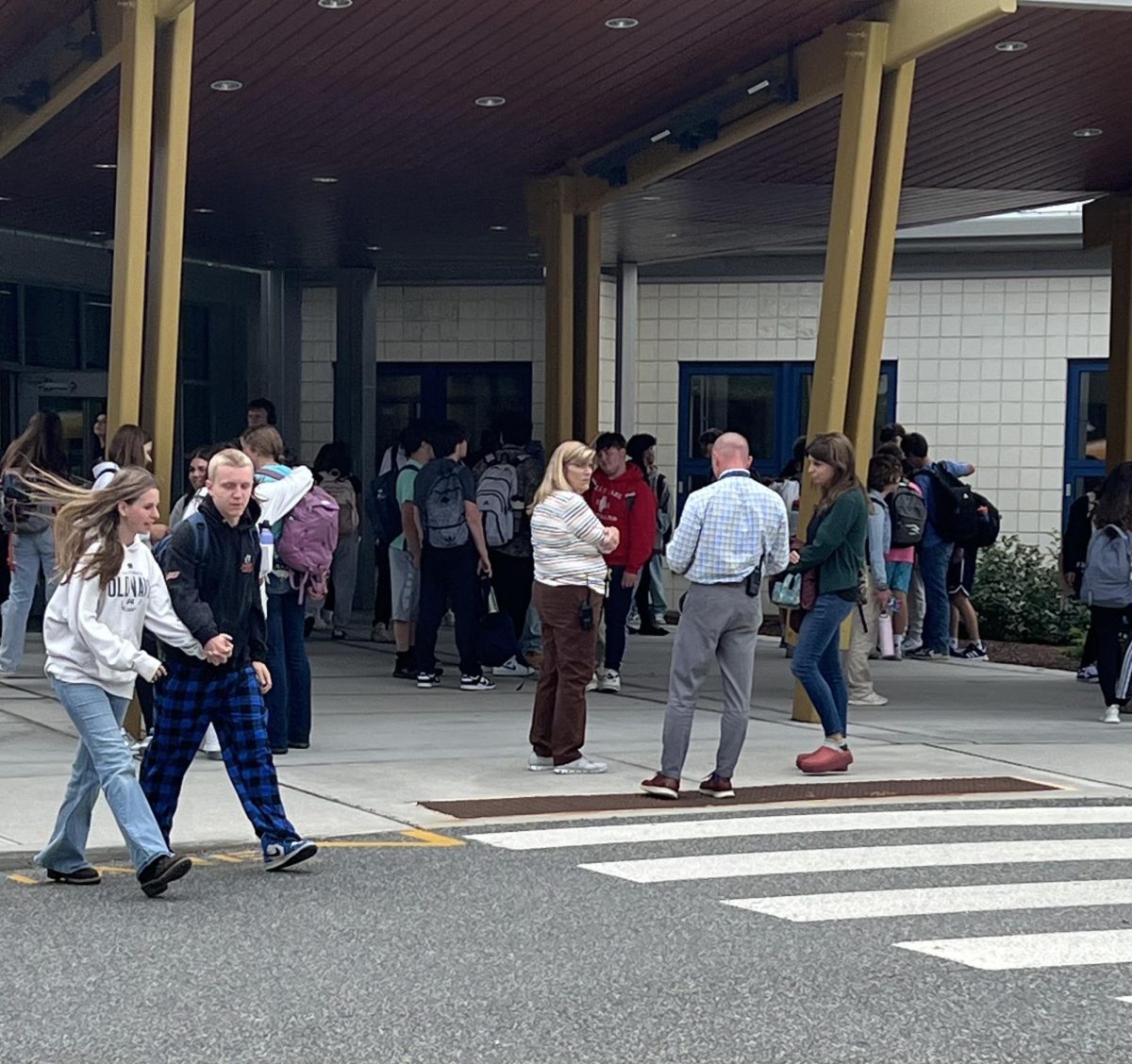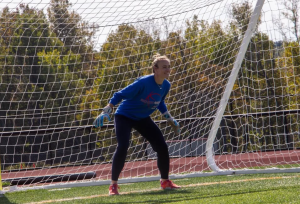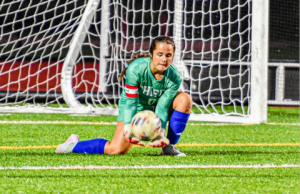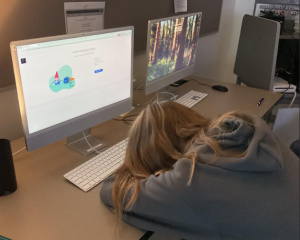COVID-19 Vaccines Approved; Now What?
Courtesy of Daniel Schludi/Unsplash
The first COVID-19 vaccine, manufactured by Pfizer, was approved by the Food and Drug Administration on Dec. 11 and is already being administered to prioritized groups, including healthcare professionals.
December 21, 2020
The Food and Drug Administration on Dec. 11 approved the emergency use of a COVID-19 vaccine for millions of Americans. The vaccine, made by American pharmaceutical corporation Pfizer in partnership with German biotechnology company BioNTech, saw more than 90% effectiveness during its clinical trials.
The U.S. is the sixth country to greenlight the vaccine and expects to roll out 2.9 million doses of the vaccine throughout the nation by the end of the year.
Many workers in the medical field will contribute to the distribution and administration of Pfizer’s COVID-19 vaccine, as well as any others that are approved over the coming weeks and months. However, there will be challenges involved.
“[Pharmacists] will be distributing some of the COVID-19 vaccines,” said Jane Girgasky, owner and pharmacist of Woodbury Drug. “Our pharmacy does not have a freezer capable of temperatures required for the Pfizer vaccine, but we will be able to store any of the other vaccines that require a freezer or refrigerator.”
Other medical professionals, such as dental hygienists, are also being considered to help with the vaccination effort, although it is too early to confirm.
“The Connecticut Department of Health has told us that they are reaching out to and considering working with a broad range of healthcare institutions to serve as distributors for the vaccine,” said Michelle Brown, a dental hygienist at the office of Dr. Renee Kurtz in Cheshire.
“Currently, the vaccine needs to be stored at minus-95 degrees Fahrenheit, and while hospitals may have the equipment required for this type of storage, other institutions, like a dentist’s office, do not,” continued Brown. “So, we may have to wait until another company’s vaccine is put out. One that does not require such refrigeration, or if another way of keeping the vaccine safely stored is found.”
Moderna, vaccine was also approved for emergency use Dec. 18, has created a vaccine that can be stored in normal freezer and is also more than 90% effective in preventing COVID-19.
Some people have voiced concerns against the vaccine and wish to wait until further testing ensues — or for a time when the vaccine has already been administered largely throughout the U.S.
“I think patients always have to weigh the risk versus benefit when deciding therapy,” said Girgasky. “No therapy comes without potential side effects, and I would always recommend vaccinations when appropriate, but I do understand why patients are hesitant.”
“I have faith in our medical field and in our FDA approval process that safe and effective vaccines will hit our market,” added Girgasky.
The process of creating the Pfizer vaccine has taken roughly eight months, much shorter than vaccines in the past. Typically, vaccines can take years, even decades, to finish. Some people have voiced concerns that the process has been rushed and the vaccine may not be safe for that reason.
“Every approval step was passed, nothing was skipped or rushed,” said Brown. “The reason this vaccine has gotten out so quickly compared to those in the past is not because it’s different in any way, or has been altered or its approval process rushed. This vaccine has been able to be formulated so quickly because the effort put towards it was so unique.”
“The quickness with which we got it can be attributed to governments, research institutions, and people coming together and working together, due to the tragedy and urgency of the situation,” Brown continued. “We have been able to get this vaccine so quickly because people cared — cared enough to work for it.”
The medical community has faith in those who developed the vaccine. They and the rest of the world hold their breath as an America without coronavirus becomes ever more possible again.



